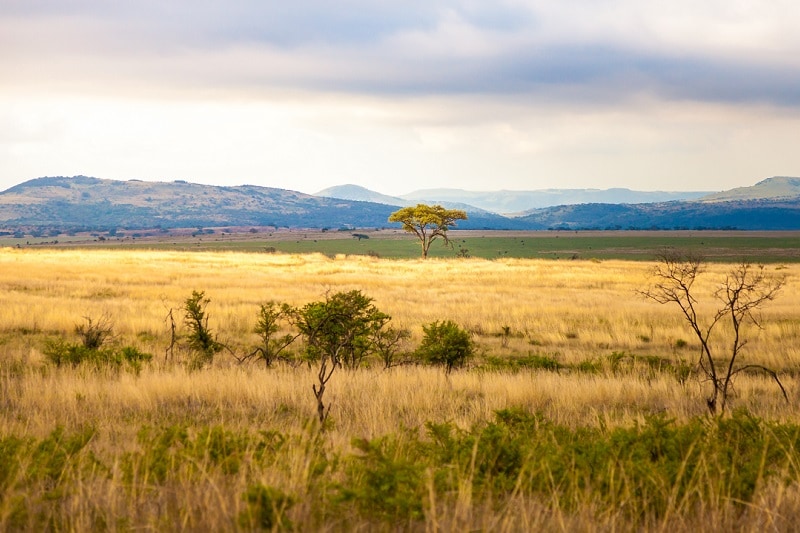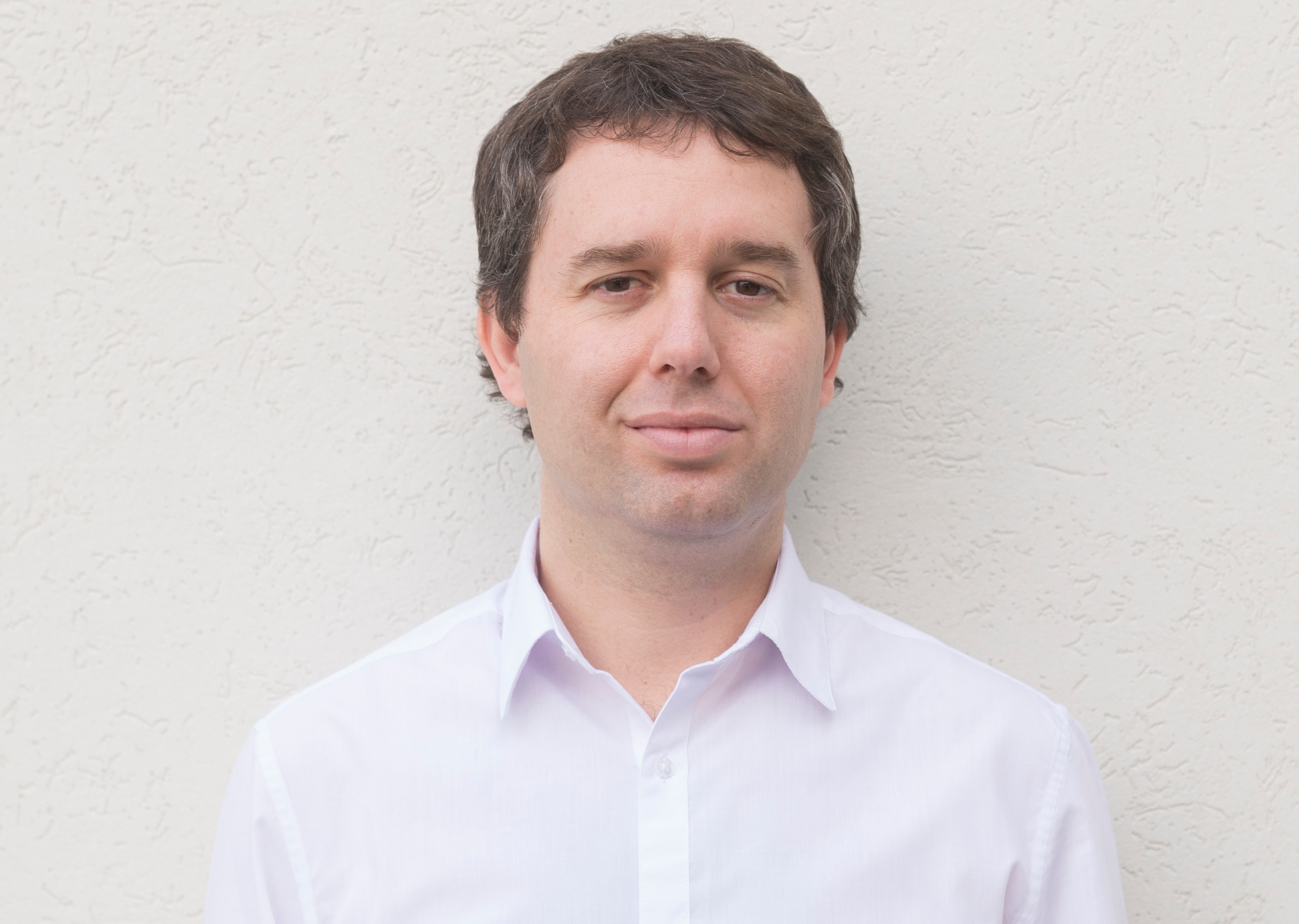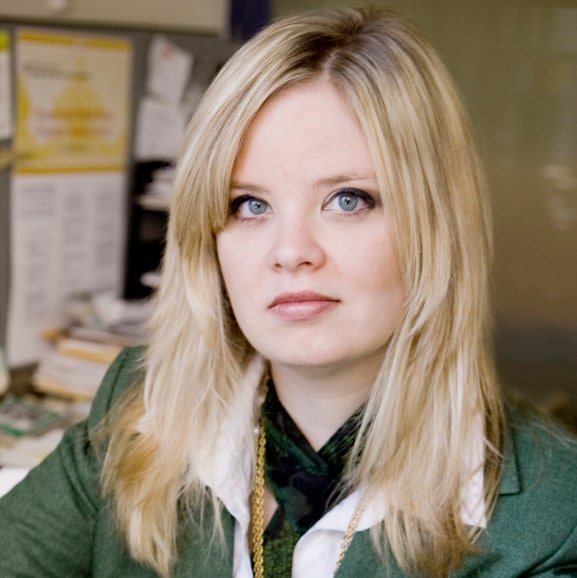
Stemming the flow of illicit money: Q&A with Transparency International
30 apr 2020

The illicit economy generates over USD 2 trillion a year and flows from country to country. Transparency International’s Gary Kalman tells us why we need to stem these illicit flows.
International criminal and terrorist groups make most of their money from illicit trade—something this blog has covered many times. But where that money goes, how it is moved from one country to another, and why it is not identified by regulators is a subject that we have not considered in enough detail.
Every year, criminals generate between USD 2 trillion to USD 3 trillion in the illegal economy, money which then flows across the world. To find out more about how these illicit financial flows work and what is being done to stop them, STOP ILLEGAL spoke to Gary Kalman, the Director of the U.S. Office of Transparency International, one of the leading anti-corruption NGOs in the world.
He has dedicated his career to stamping out the flow of illicit finances, previously acting as deputy director of the Financial Accountability and Corporate Transparency Coalition (FACT Coalition).
STOP ILLEGAL: What is the connection between corruption and illicit trade?
Gary Kalman: Wherever you are, illicit trade is facilitated by corrupt financial practices. For criminal organizations, it is relatively easy for them to steal money or make money through illegal practices. The problem they find is: If you’re stealing a couple of hundred dollars then you can bury it in your backyard. But if it’s a couple hundred million dollars then you need to find financial vehicles that let you move money out of the country and move it around the world.
There are a few ways to do this, all of which are variations of illicit financial flows. One of the most popular is a practice called “convergence.” This involves people who are engaging in illegal activity setting up legitimate businesses. They misuse these businesses to hide the fact they are laundering their illegal money. Say someone smuggles drugs from Mexico into the USA and sells them for a million dollars; getting the money out of the USA is incredibly risky. What they can do is open a shoe company, say, and buy their shoes from a manufacturer in Mexico via a distributor in the USA. The manufacturer can vastly overcharge the distributer, drip-feeding the money back to Mexico. This is a fairly common practice for drug cartels.
STOP ILLEGAL: Why is it so important that we put an end to illicit financial flows?
Gary Kalman: Well, because international trade is being used by larger criminal and terrorist networks to make money. For example, several Islamist militias are funded through the sale of illicit liquor across a number of continents. Similarly, there were reports that Hezbollah at one point made money from a fake-Viagra operation. The reason they can make this work is that the secrecy afforded illicit financial flows. If you cut off their ability to move money around the world, you seriously impede their ability to operate effectively.
I think we are only just getting to a place where there is widespread understanding of the amounts of money that is moving around the world illicitly. It’s estimated that around a trillion dollars in illicit finance leaves the developing world every year. Compare that to the USD 140 billion that is given globally in aid support to developing countries each year. If we were able to capture just 15 to 20 percent of the illicit money—that would equate to doubling world aid, which would have a massive impact on combating issues like poverty. So, this is a big deal, and people are beginning to understand the impact of it a bit better.
STOP ILLEGAL: How difficult is it to stop the illicit flow of money?
Gary Kalman: To be honest, we’re not yet doing a very good job. There are estimates from experts and economists who look at this and say that we only catch about 0.1 percent of global illicit activity. This means we are a decimal point away from complete and utter failure.
STOP ILLEGAL: What can governments do about it?
Gary Kalman: What we need to do is create policies that can go to the heart of the problem. Take the Mexico-USA shoe scenario: A customs officer currently wouldn’t have enough information to tell that something illegal was taking place when he inspects a cargo container full of shoes. Introducing greater trade transparency to help identify red flags such as dramatically mispriced products would help massively. That way, we can spot suspicious activity and make sure that those goods are held at a port until we get to the bottom of it. There are tools to support customs officials, but we’re not using them. That is just one example of a way to combat this.
Another simple step that would massively help us to prevent illicit financial flows is the banning of anonymous companies, whereby the owner of the company does not need to be identified. As it stands, a number of countries around the world permit a company to be registered without naming who owns and controls the company. The company’s lawyers, accountants, and other affiliated professionals may not know the name of the person behind the company. Owners should be named, and lawyers and other professionals should be required by law to know who their clients are. If they don’t, then they can be held liable. Then you can cut off access through the legal system to set up structures used for laundering money. This will not end money laundering worldwide, but it will impact it quite a bit, cutting off the access many criminal organizations have to Western financial systems. The U.K. has an ownership directory in place, and the rest of the European countries are due to follow suit in the next year.
STOP ILLEGAL: Can public-private partnerships play an important role?
Gary Kalman: I think that public-private partnerships can be extremely helpful, and there are numerous examples of very productive and worthwhile partnerships. They can be extremely useful and beneficial in cracking down on illicit activity, but they need transparency and accountability. If done properly, you are able to bring more resources from more stakeholders to help combat issues that matter.
At Transparency International, we have started looking at trade deals and how to put into place anti-corruption measures to counter illicit trade. I think it would be really good to get the private sector, NGOs, and state bodies to sit down and look into trade deals and create some kind of model for how best to apply anti-corruption sections into future trade deals. This would be a prime example of how public-private partnerships can work to tackle specific issues.
Gary Kalman recently spoke at the Meridian International Centre’s International Dialogues to Fight Illicit Economies event in Washington, D.C.


